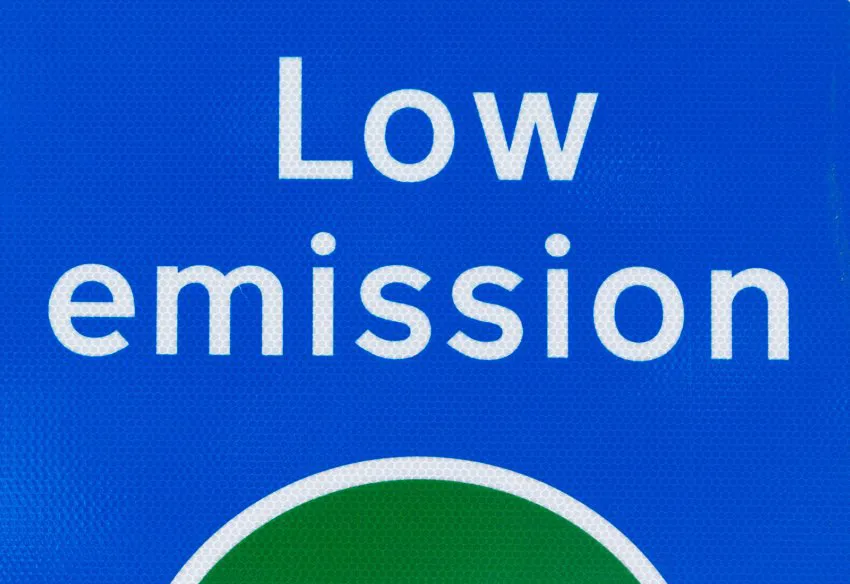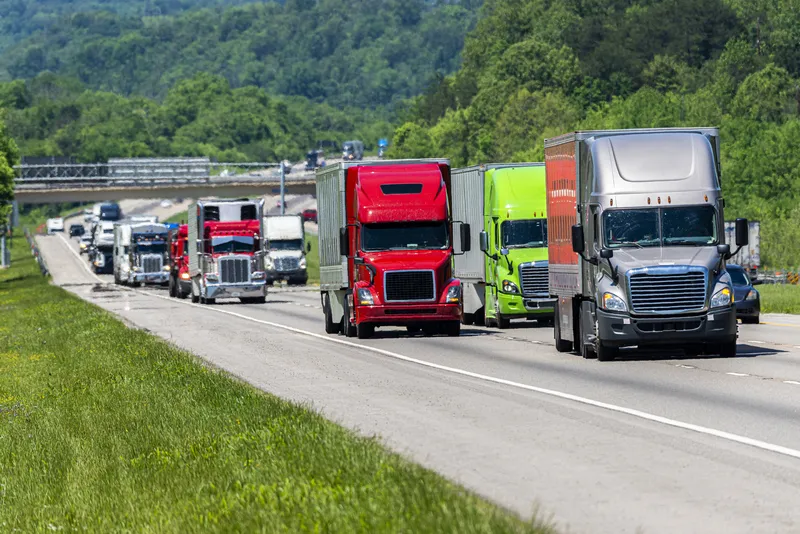
Videalert, a UK supplier of traffic enforcement and management solutions, said the addition comes as more UK cities are looking at better enforcement of what is called a Clean Air Zone (CAZ) and Low Emission Zone (LEZ).
“While London, Birmingham, Derby, Leeds, Nottingham and Southampton now have the powers to begin tackling this issue, hundreds of other town and cities across the UK are in breach of their EU emission targets,” said Tim Daniels, Videalert marketing director. “Enforcing these zones further extends the capability of our hosted Digital Video Platform which supports multiple civil traffic enforcement, traffic management, crime prevention and community safety applications simultaneously, enabling councils to deliver more with less.”
Videalert’s hosted addition has real-time identification of vehicles including make, model, colour, gross weight, engine type, Euro rating and CO2 emission band. The system can determine whether an offence has been committed and/or whether the correct tariff has been paid for entry into the restricted zone.
To minimise bandwidth requirements, the checks are carried out prior to evidence files being sent to the back office system for issuing PCNs. The system also provides real-time intelligence to determine the extent of contraventions in any target location.
London announced that from this month the ultra-low emission zone in effect means that the most polluting cars, vans and motorbikes are now paying £12.50 to drive through central London. Buses, coaches and heavy goods vehicles are paying £100.
City officials hope the move will cut emissions by 50% by 2020. Petrol cars that are more than 13 years old by 2019 and diesel cars more than four years old will also have to pay. Petrol vehicles not meeting Euro 4 standards and diesel vehicles that do not meet Euro 6 standards are paying.
Videalert provides its own suite of attended, unattended and mobile vehicle CCTV enforcement solutions using the same digital video software platform. The same platform can also support other traffic management and community safety applications using the same infrastructure. It combines sophisticated video analytics with ANPR and offers a full range of deployment options including wired LAN, Wi-Fi LAN and 3G/4G WAN as well as supporting all analogue and ONVIF compliant digital megapixel cameras.







